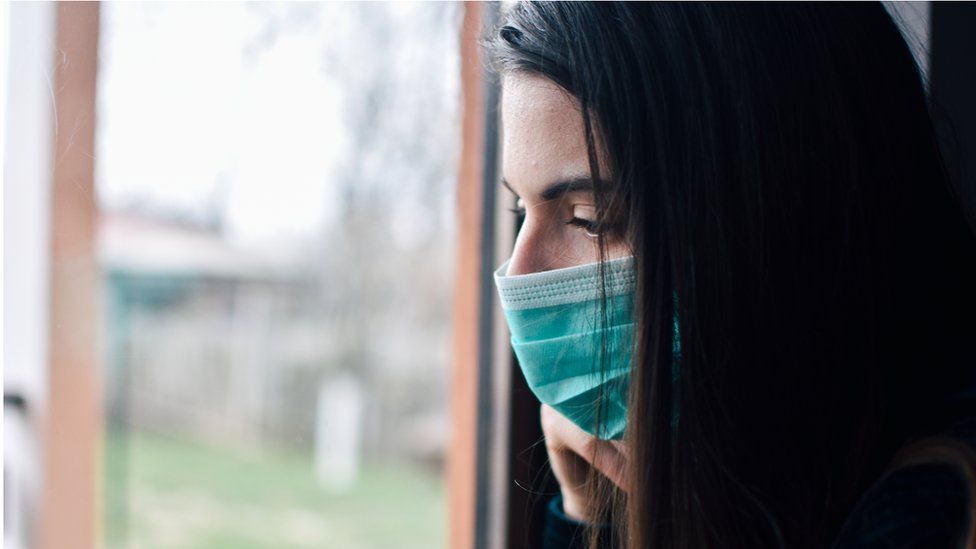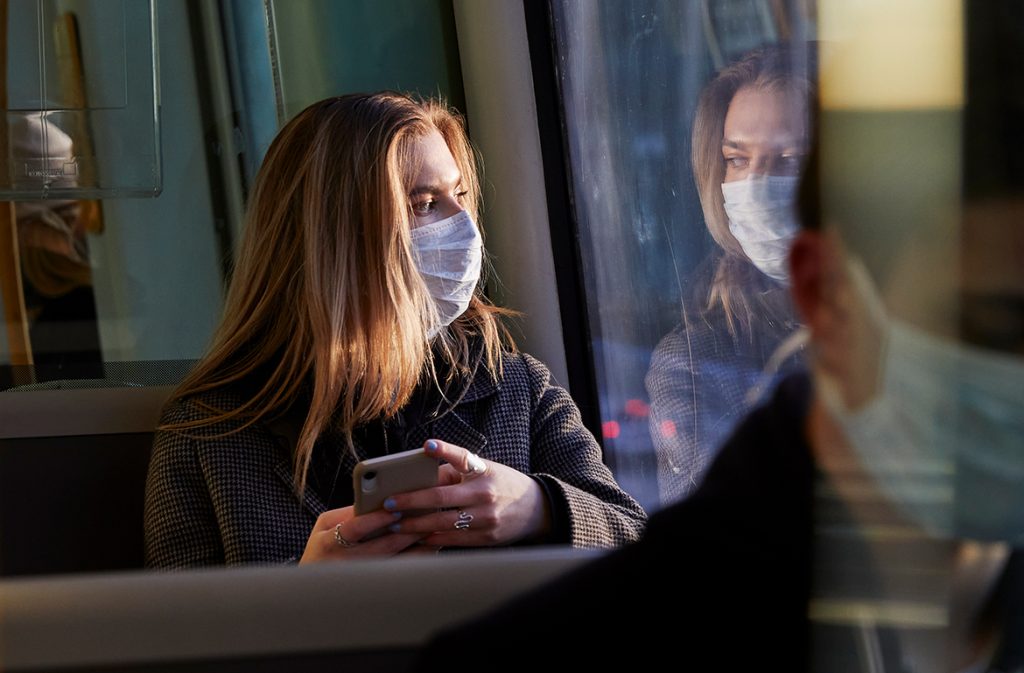
The coronavirus pandemic has been accurately described by many experts as a global trauma, and the trauma of the pandemic has taken various forms for different people. Unfortunately, many individuals have experienced the loss of a loved one, and concerns related to finances, job loss, the loss of a home, extreme fear about the future, and more, are striking people across the world. Since the pandemic has lasted for what is quickly approaching the two-year mark, there is a lot behind us to work through. Maybe, you have endured a personal traumatic event over the course of the pandemic thus far, and it has impacted your mental state. Or, it could be that you entered a dark place during some point in the past two years due to the collective trauma of the pandemic overall.
The positive news is that a therapist can help you work through trauma related to the pandemic. Here’s how.
Table of Contents
Therapy Can Help You Address Grief

Source: wellandgood.com
One of the most undeniable impacts of the pandemic is the deaths that have occurred. We don’t know the exact number, but we know that over 700,000 people have passed as a result of the coronavirus. If you have lost someone close to you during the pandemic, you may benefit from getting therapy for grief. Having a support system is very important when healing from grief, especially with it in mind that the lack of support following loss can increase the likelihood of complicated grief. Therapy is a place where you can unload and talk about how the grief is affecting you in a candid way.
Therapy Can Help You Manage Mental Health Symptoms
In addition to the grief, one major topic of conversation related to the effects of the coronavirus pandemic on the world is the way it has affected people who live with or who are susceptible to mental health conditions. According to the National Institute of Mental Health or NIMH, symptoms of depression, symptoms of anxiety, suicidal thoughts*, and stress-related symptoms have all risen in the general population since the start or onset of the pandemic. All of these things can be addressed in a therapeutic setting. With it in mind that concerns like food insecurity and poverty can all have a serious impact on mental health or increase the risk of mental health concerns, it’s imperative to note that there are low-cost and even free services out there. For example, if you have Medicaid, your insurance may cover mental health services, or there may be a low-income clinic in your area.
*Therapy is not a replacement for immediate support or crisis care. If you or someone you know is experiencing suicidal thoughts or ideation, call the National Suicide Prevention Lifeline at 1-800-273-TALK (8255).
Therapy Can Support You Through Life Changes

Source: unsplash.com
The pandemic is still continuing, and it has evolved rapidly. It continues to affect our day-to-day lives and safety. As a result, you might not be facing trauma from the past few years alone, but fear or stress related to the present moment and the future as well. Life changes related to the pandemic may include:
- Changes to your living environment. For example, moving back in with family or moving in with a romantic partner sooner than you would’ve otherwise.
- Job changes. This is not just limited to changing work positions. You might have also switched to remote work, be experiencing a high level of stress at work (for example, those in care professions), or you might have experienced a loss of income.
- Changes to your education plan. For example, if you were in college prior to the pandemic, you might have had to stop classes, or you may have switched to online classes after attending school in person. Or, you might be dealing with stress related to school in general.
Therapy is often highly advantageous for those facing stress and life transitions. Whether it’s one of the matters above or something else, therapy can be effective in helping you adjust.
Therapy Can Help You With Your Interpersonal Relationships
Nearly everyone is feeling a lot of strain right now. With the aforementioned possibility of changes related to your living situation, spending additional time at home, and thus, with the people in your life, or overall emotional stress in mind, your relationships may or may not be taking a hit. This doesn’t just refer to romantic relationships. It might also be familial relationships and friendships. In therapy, you can work on communication and learn skills that will help you navigate the connections in your life. Therapy is also a great place to address matters like loneliness and social isolation.
Therapy Can Help You Feel Better About The Future

Source: unsplash.com
Feelings of hopelessness and other negative emotions are very common reactions to trauma. In life, we don’t know what’s going to happen moving forward, and that can be frightening. You might be experiencing excessive worry or dread, and that is most certainly something that a therapist or counselor can help you with. Therapy can help you not only sit with those feelings but acknowledge the things in life that you can control and strengthen your resilience. Many people find that therapy helps them with confidence both in themselves and in their future, which may be beneficial if this is something that you’re struggling with.
Now, the question is, how do you find someone to work with?
How To Find A Therapist To Work With
There are a variety of ways to find a therapist to connect with as you work through pandemic-related trauma or any other concerns that are on your mind. You can look for low-income or low-cost services in your area, whether that’s by conducting a web search or calling a resource hotline like 211. You can also make a doctor’s appointment and ask your primary care provider for a referral to a therapist, search the internet for therapists near you, contact your insurance company to ask about the providers they cover, or sign up for an online therapy platform such as BetterHelp. Online therapy makes it easy to access care from a licensed mental health professional safely, and it’s often less expensive, too. No matter how you find a therapist to work with, you deserve quality support and healing during this challenging time.







